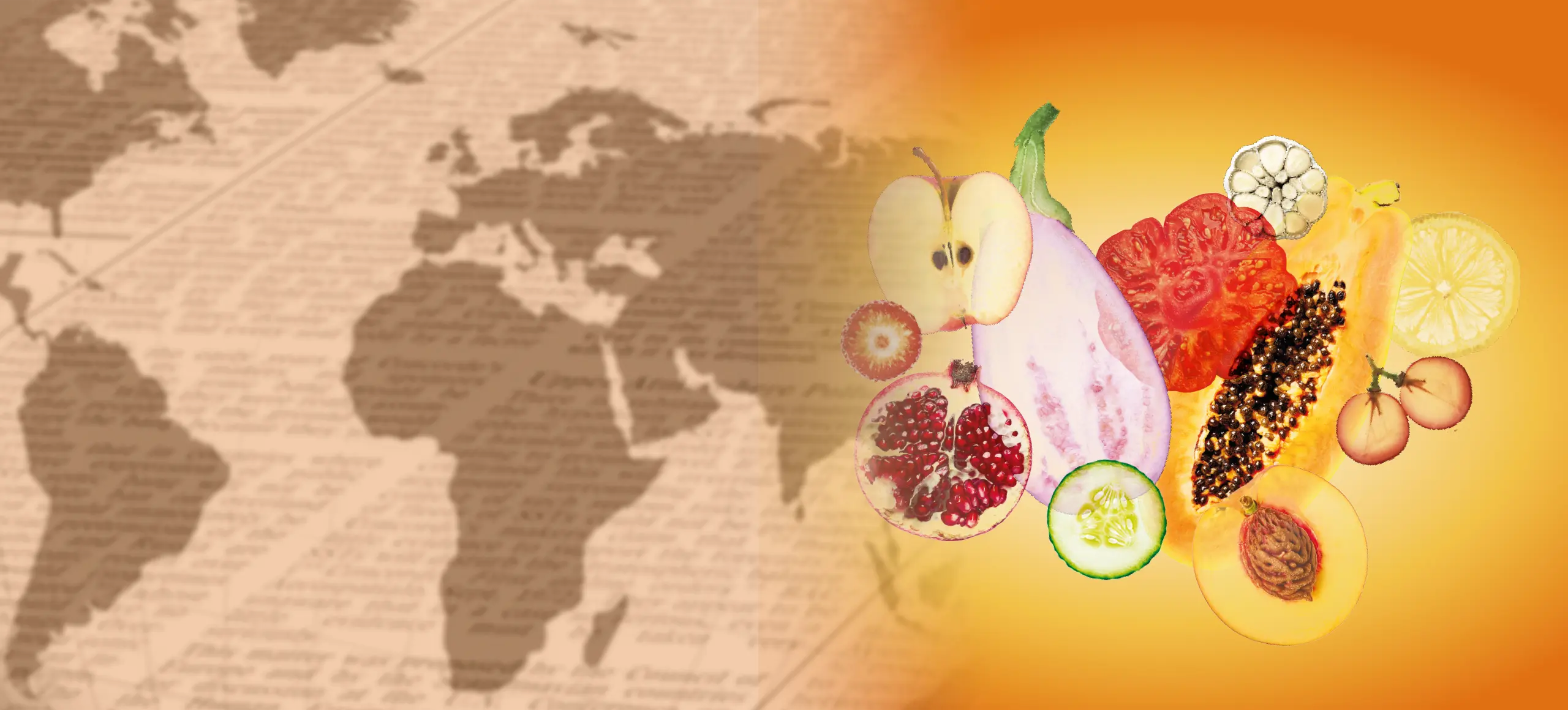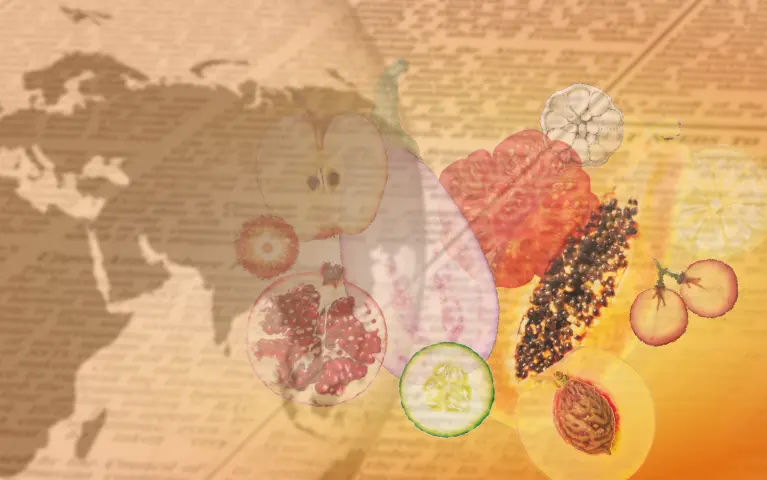

Upcycling, the foodtech way to revalue industrial by-products
Currently, three out of every four companies in the food sector make use of the by-products generated in their production processes, according to the data collected in the first FIAB 'Sustainability Report'. The bulk of this activity is directed towards the conversion of these by-products into biogas and energy use, fertilisers for agricultural application or animal feed and meal for animal feed. What if we go one step further?
Alimarket Gran Consumo
A few months ago, 'BarLab Ventures', Mahou San Miguel's open innovation initiative, activated the search for sustainable alternatives to revalue and take advantage of the by-products derived from the brewery's industrial process. One of the collaborations established within the framework of this project is with Agrosingularity, with which it has developed a bagasse flour that has a strong protein and fibre component. More recently, from the meat sector, 'Campofrío Frescos', the fresh meat business unit of the Sigma group, and Vall Companys have launched two projects for the revaluation of pork by-products, consisting of the transformation of intestinal mucus to obtain heparin.
Other examples come from the olive sector. Here, Agrosevilla operates a spin-off for the development and marketing of a bioactive extract rich in triterpenes from by-products generated during production, which stands out for its anti-inflammatory, anticarcinogenic and antioxidant qualities. For its part, the collaboration between Dcoop and Biopharma Research is making progress in obtaining hydroxytyrosol, a phytochemical polyphenol with powerful antioxidant properties, which is extracted from the water used in the olive production process.
These examples serve to introduce the new range of options that are currently opening up in the field of the revaluation of by-products, a strategic field that falls within the scope of the circular economy and which in recent years has been offering new alternatives based on the application of different foodtech technologies.
New sources of ingredients
What if, instead of using vegetable by-products to feed animals, we used them to feed microorganisms and produce proteins and added-value ingredients? Under this premise, Moa Foodtech is developing one of the most recognised projects in the national foodtech ecosystem, applying fermentation technology and artificial intelligence to transform by-products into state-of-the-art sustainable ingredients. It currently has 17 projects open for the application of its protein ingredients, as well as others focused on the revaluation of by-products. One of the most outstanding is the one it is developing with the Italian company Barilla, with which it is working on the creation of fermentation media from pasta by-products.
Another noteworthy initiative in the field of upcycled plant-based ingredients is Agrosingularity. With a portfolio of products ranging from flavourings to vegetable proteins, always using as raw material the waste from the primary production of vegetables and fruits, the company has already modelled more than 20 references with different functionalities, from proteins to dietary fibre, including different substitutes for artificial additives or its natural alternative to sugar. Upcoming projects include the launch of its own industrial project, with an investment of around €6m, and the launch of 'VeguIA', an artificial intelligence assistant that helps its customers to prototype ingredients and design food.
Also in the chapter of functional ingredients we find Ingredalia, which works in the optimisation of the recovery of enzymes from broccoli for the elaboration of its ingredient 'Sulforaphan-Smart', oriented to promote the energetic metabolism and with anti-inflammatory capacities and of improvement on the well-being or the immune system. On the other hand, it is also making progress in the generation of alternative vegetable proteins from broccoli and other vegetables, obtaining a product similar to soya or pea protein. Its roadmap includes the project to start up its first production plant, which should be a reality in 2024, with an investment of up to €3m.
Beer made from bread and vegetable cheese with melon seeds
Beyond the generation of new sources of ingredients, upcycling also reaches the production of the final product. Here we highlight Väcka's project, based on the use of melon seeds to replace fermented almond milk in the production of its vegetable cheeses, using a "disruptive fermentation process, unique in the world". This has already resulted in the arrival on the market of its first two products under this new formulation: 'Mözza' and 'Pumpkin Chxddar'.
Another example is the beer 'Mr. Mendrugo', the three-handed project between 'Cerveza Mica', Pascual Innoventures and Robingood, which proposes a beer brewed from the surplus of local bakeries and modern distribution establishments, replacing nearly 50% of the malt with this surplus bread, which has already managed to give a new life to more than 2 t of stale bread, whose destiny was bound to end up in the trash.
Biopolymers for packaging from oranges or algae
Another avenue of research based on the use of by-products from the food industry involves the development of new materials that enable the use of conventional plastic to be reduced. In this field, the Itene technology centre is developing biotechnological processes for the recovery of agri-food by-products such as oranges, pineapples and rice husks to obtain organic acids, which can be used as monomers in the production of biodegradable plastics for the packaging sector.
For its part, Aimplas, the Technological Institute of Plastics, is also committed to the development of new materials from renewable sources to reduce the use of conventional plastic. Within the framework of the 'Oceánide' project, it is working on new single-use packaging accepted by the new legislation based on algae, starch, fish gelatine or milk protein.






